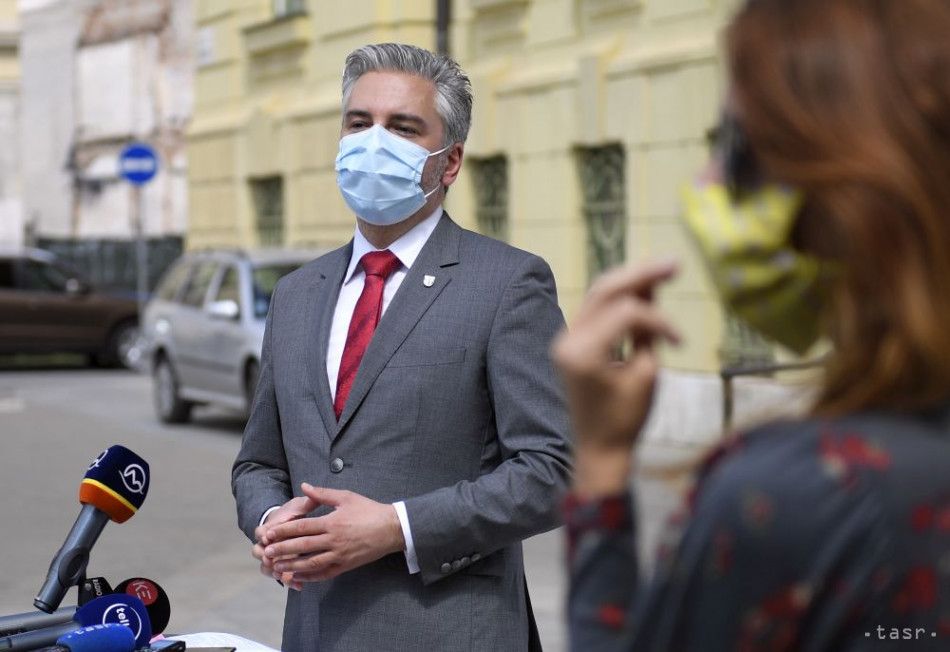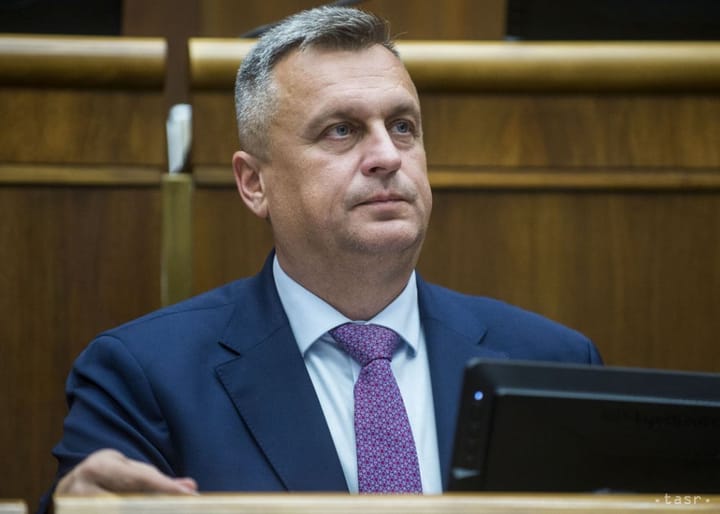CoFoE: Slovakia Must Be Active in Integrating Qualified Refugees from Ukraine

Bratislava, April 12 (TASR) – Integrating refugees from Ukraine can strengthen Slovakia’s professional capacities and help to fill vacancies in professions with high demand, and the state should be proactive in this, coordinating with the regions in using the tools offered by the European Union (EU), concurred the guests in a discussion hosted by TASR TV in connection with the ongoing Conference on the Future of Europe (CoFoE).
Temporary refuge status gives Ukrainian refugees the opportunity to gain access not only to health and social care throughout the EU, but also to respond to job offers.
Kosice Regional governor Rastislav Trnka said that if Slovakia fails to start actively addressing potential job applicants and creating the conditions to integrate them effectively, qualified refugees will have no problem finding jobs elsewhere.
“We’ve been contacted by partners from France, Germany and other countries who are searching for people for posts for which they have staff shortages,” said Trnka, adding that if Slovakia isn’t proactive, the opportunities will change into handicaps. “If we don’t start acting, only refuges who will be burdens on our social and health-care system will remain here,” said Trnka.
Slovak MEP Miriam Lexmann (KDH, EPP) believes that even for the refugees themselves, rapid integration into society is the best way to deal with the trauma that they’ve experienced in their homeland. She asked why the state hasn’t yet started to monitor the refugees’ professional potential systematically; for example, in relation to the lack of qualified medical staff.
“Through both financial and legislative tools, the EU offers opportunities to integrate such people into the labour market quickly and thus strengthen labour in the health-care and education sectors or in [other] fields of the economy that suffer from a lack of skilled staff. However, it’s up to us alone how Slovakia makes use of these tools,” she said.
Ambassador Maria Malova, Slovakia’s Deputy Permanent Representative to the EU, noted that given its long-term overloaded health-care systems and the potential of refugees, the EU is seeking a common approach towards recognising qualifications, including of health-care professionals. “Temporary refuge status enables refugees to work as employees, self-employed or engage in professional dual education,” she said.
According to head of the Slovak Towns and Villages Association (ZMOS) Office Michal Kalinak, Slovakia might draw inspiration from its past experience when a wave of refugees from the area near Chernobyl arrived in Slovakia.



